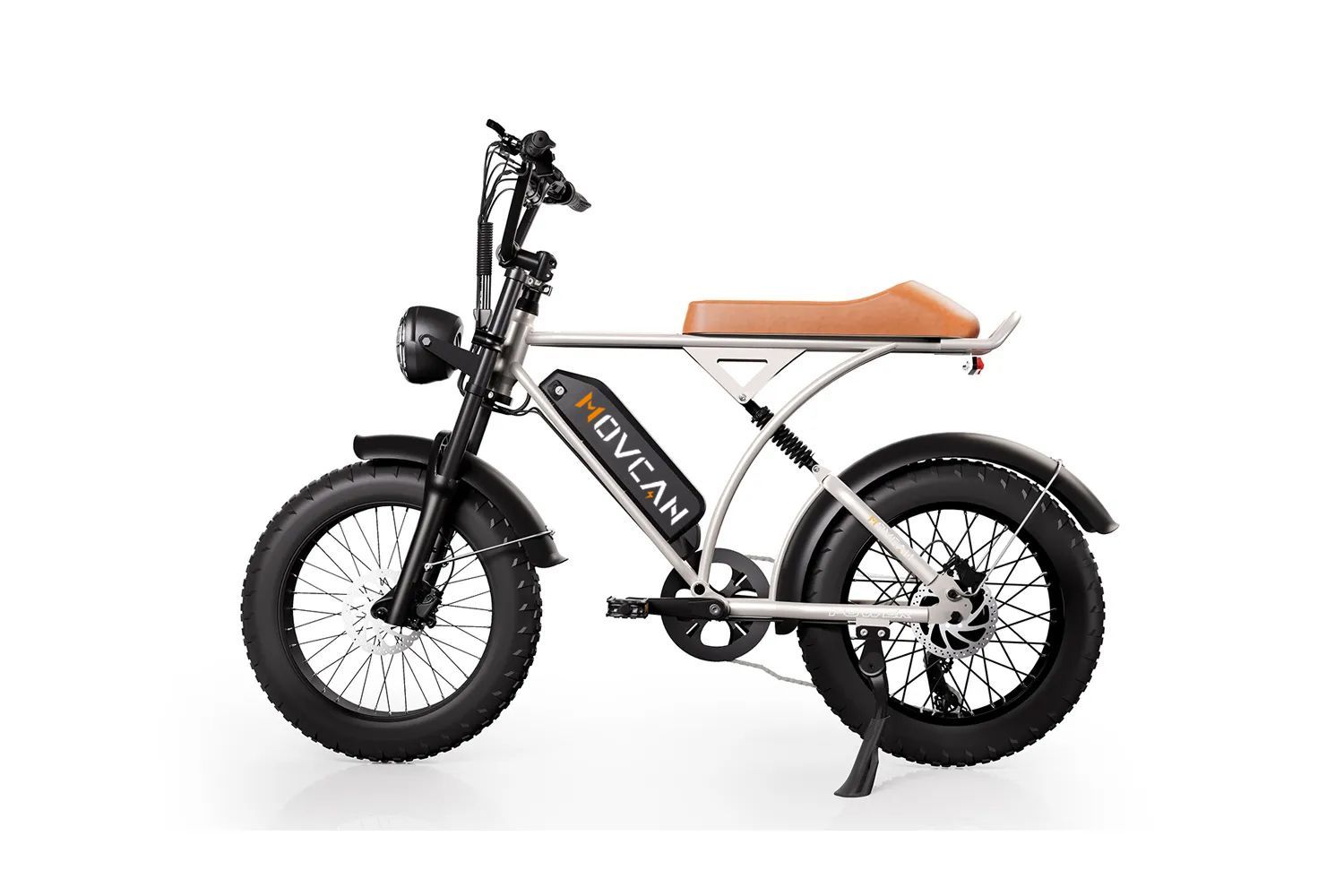Electric bicycles, or e-bikes, have surged in popularity across the Sunshine State, offering an eco-friendly and convenient mode of transportation. As these bikes become more common, understanding the "electric bicycle laws in Florida" is essential for both riders and motorists. Whether you’re a Florida resident or just visiting, knowing these regulations will ensure your safety and compliance on the road.
What Defines an E-Bike in Florida?
Classification and Types of E-Bikes
Florida law defines an electric bicycle as a bicycle equipped with fully operable pedals and an electric motor of less than 750 watts. The state categorizes e-bikes into three classes:
- Class 1: E-bikes equipped with a motor that provides assistance only when the rider is pedaling, and ceases to assist when the bicycle reaches 20 mph.
- Class 2: E-bikes that may be powered solely by the motor, with a maximum speed of 20 mph.
- Class 3: E-bikes where the motor assists the rider until the bike reaches a speed of 28 mph.
Understanding these classifications is crucial because different rules apply depending on the class of your e-bike. The "electric bicycle laws in Florida" are designed to accommodate the diverse capabilities of these bikes while ensuring the safety of all road users.
Where Can You Ride Your E-Bike in Florida?
E-Bikes on Roads and Bike Lanes
The "electric bicycle laws in Florida" allow e-bikes to be operated on streets, highways, roadways, shoulders, bicycle lanes, and bicycle or multi-use paths. However, local governments have the authority to regulate the use of e-bikes on bike paths and multi-use trails.
It’s important to note that while Class 1 and Class 2 e-bikes are permitted on bike paths and multi-use trails, Class 3 e-bikes may be restricted due to their higher speeds. Always check with local regulations before riding your e-bike on these paths to avoid fines or other penalties.
E-Bikes on Sidewalks
One common question is, "Can you ride an e-bike on sidewalks in Florida?" The answer is yes, but with caution. While Florida law permits e-bikes on sidewalks, riders must yield the right-of-way to pedestrians and provide an audible signal before overtaking them. The "Florida e-bike laws" prioritize pedestrian safety, so always be mindful of your surroundings.
Age Restrictions and Helmet Requirements
Age Limits for E-Bike Riders
Florida does not impose any age restrictions on who can operate an e-bike. However, for Class 3 e-bikes, riders under the age of 16 are prohibited from operating the bike but may ride as a passenger. This rule ensures that the higher speeds of Class 3 e-bikes are handled by more experienced riders.
Helmet Laws for E-Bike Riders
When it comes to helmet use, the "electric bicycle laws in Florida" are quite clear. Riders and passengers under the age of 16 must wear a properly fitted and fastened helmet that meets federal safety standards. Although adults are not required to wear helmets, it is strongly recommended for safety.
Licensing, Registration, and Insurance Requirements
Do You Need a License to Ride an E-Bike?
One of the most frequently asked questions is, "Do I need a license to ride an e-bike in Florida?" The answer is no. The "Florida e-bike laws" treat e-bikes similarly to traditional bicycles, meaning you do not need a driver’s license to operate one.
Registration and Insurance for E-Bikes
In Florida, e-bikes do not require registration, nor do they need insurance. This exemption from licensing, registration, and insurance is one of the reasons why e-bikes are a popular and accessible transportation option for many people.
E-Bike Safety Tips and Best Practices
Following Traffic Laws
Even though e-bikes are treated like traditional bicycles under Florida law, riders must adhere to all traffic laws. This includes obeying traffic signals, using hand signals when turning, and riding in the same direction as traffic. The "electric bicycle laws in Florida" are designed to keep riders safe, so following these regulations is essential.
Be Visible and Predictable
To increase your safety on the road, always make yourself visible to other road users. Wear bright clothing, use lights at night, and avoid sudden movements that could confuse motorists. Being predictable in your actions will help prevent accidents.
Respecting Pedestrians and Other Cyclists
When riding on multi-use trails or sidewalks, always respect pedestrians and other cyclists. Yield the right-of-way to pedestrians, and pass them safely and courteously. The "Florida e-bike laws" emphasize the importance of sharing the road and trails responsibly.
Common Misconceptions About Florida E-Bike Laws
E-Bikes Are Not the Same as Mopeds
One common misconception is that e-bikes are the same as mopeds. However, this is not the case under Florida law. Mopeds require registration, a driver’s license, and insurance, while e-bikes do not. The "electric bicycle laws in Florida" make a clear distinction between the two, so it’s important to understand the differences.
E-Bikes Are Not Allowed on All Trails
Another misconception is that e-bikes are allowed on all trails and paths. As mentioned earlier, local governments can impose restrictions on where you can ride your e-bike. Always check the local regulations for the areas where you plan to ride.
The Future of E-Bikes in Florida
Growing Popularity and Infrastructure
As e-bikes continue to grow in popularity, Florida is likely to see an expansion of infrastructure to accommodate them. More bike lanes, trails, and parking facilities are expected, making it easier and safer for e-bike riders to navigate the state.
Potential Changes to E-Bike Laws
The "electric bicycle laws in Florida" may evolve as the number of e-bike users increases. Potential changes could include updates to where e-bikes are allowed, stricter safety regulations, or new licensing requirements. Staying informed about these changes is crucial for all e-bike riders.
Conclusion: Riding Responsibly in Florida with MOVCAN
Understanding the "Florida e-bike laws" is essential for anyone who rides or plans to ride an electric bicycle in the state. These laws ensure the safety of riders, pedestrians, and motorists alike. By familiarizing yourself with the regulations, following traffic laws, and riding responsibly, you can enjoy the many benefits of e-bikes while staying safe and compliant.
At MOVCAN, we are committed to providing high-quality e-bikes that not only comply with Florida’s regulations but also offer a smooth and enjoyable riding experience. Whether you’re navigating city streets or exploring scenic trails, our e-bikes are designed to meet your needs with reliability and style. By choosing MOVCAN, you’re not just buying an e-bike—you’re investing in a safer, more enjoyable way to experience Florida’s beautiful landscapes. Stay informed, ride safely, and explore with confidence on a MOVCAN e-bike.





Share:
Can You Drive an Electric Motorcycle Without a License
How Does Ebike Pedal Assist Work: A Simple Guide